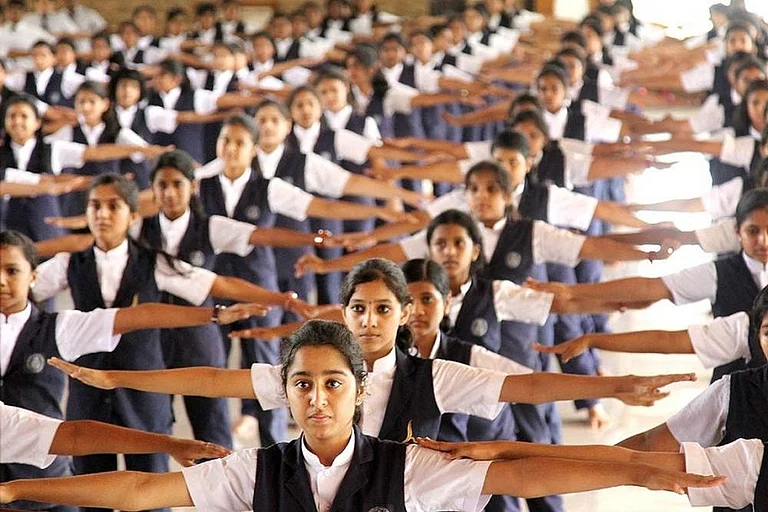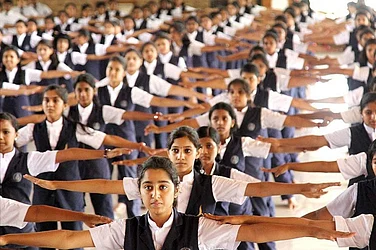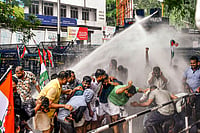Bahujan Samaj Party chief Mayawati on Saturday took a dig at the BJP, saying instead of spending its energy and resources on "non-essential" issues such as a uniform civil code, the party and its government should work for curbing inflation and alleviating poverty.
The former Uttar Pradesh chief minister also concurred with the views of the 21st Law Commission which had said in 2018 that the UCC was "neither necessary nor desirable at this stage".
Presiding over a review meeting of her party's Punjab, Haryana and Chandigarh units here, the BSP chief alleged that the BJP and its governments were implementing communal, casteist and divisive policies to distract people from its shortcomings.
"Imposition of UCC on all people is also their latest step, which is neither needed nor useful in view of the present situation," she was quoted as saying in a BSP statement.
Uniform Civil Code is aimed at replacing personal laws based on religions, customs, and traditions with one common law for everyone irrespective of religion, caste, creed, sexual orientation, and gender. Personal laws and laws related to inheritance, adoption and succession are likely to be covered by the statute.
The 22nd Law Commission had on June 14 initiated a fresh consultation process on UCC by seeking views from stakeholders, including public and recognised religious organisations, on the politically sensitive issue.
Addressing a gathering of party workers in Bhopal last week, Prime Minister Narendra Modi made a strong pitch for UCC, saying that the Constitution calls for equal rights for all citizens.
Several opposition parties have raised doubts about the intention of the BJP in raising the UCC issue in the run-up to the next general elections.


























